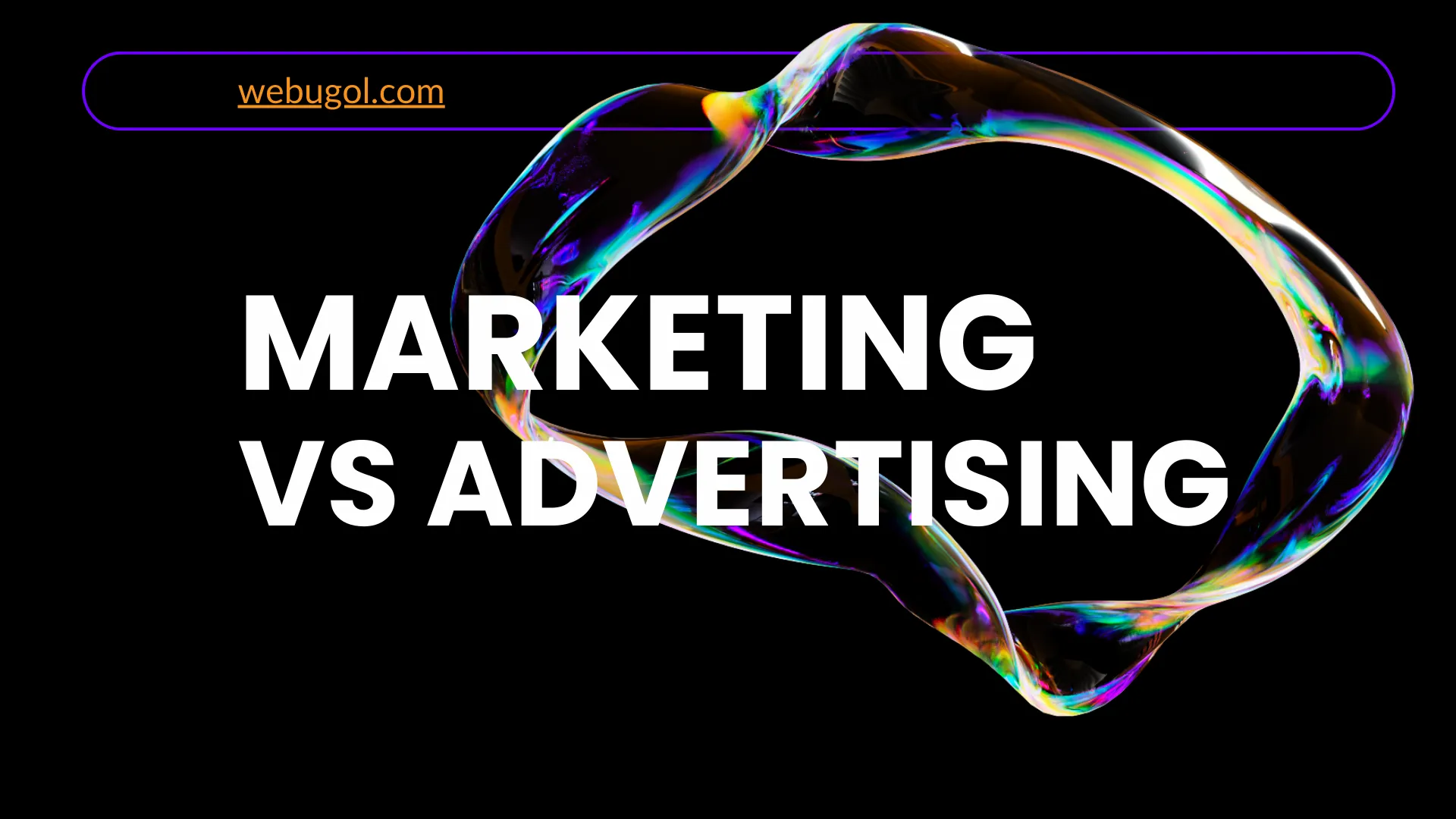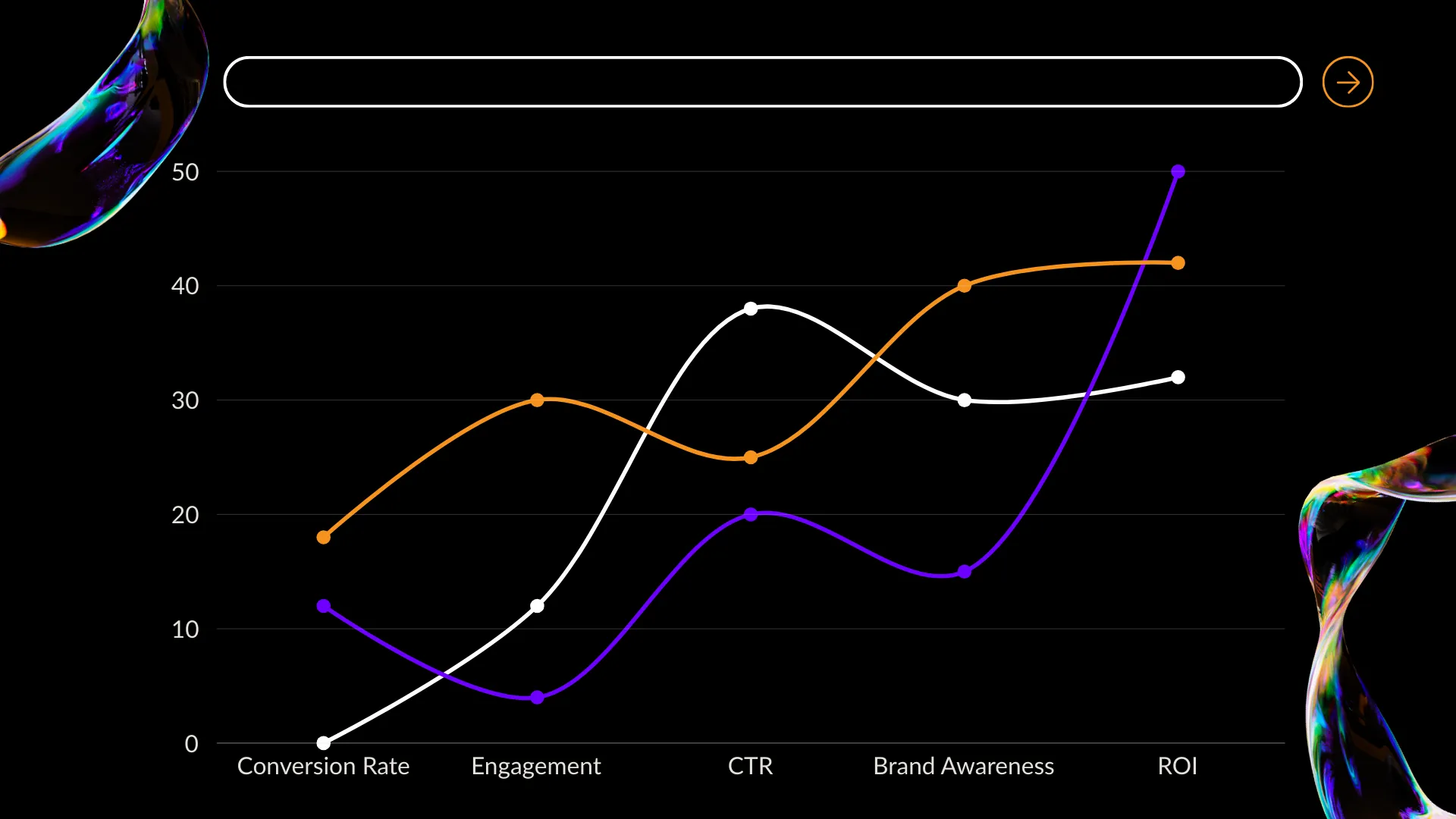Marketing vs Advertising: What’s the Best Approach for Your Brand?
Knowing the differences between marketing vs advertising might be absolutely crucial for the success of your company in the competitive business market of today. Although sometimes used interchangeably, marketing and advertising have different goals and tactics. The following article tries to define these concepts and investigate which strategy would fit your business the most.
What is Marketing?
Marketing is a broad spectrum of efforts meant to advertise and sell goods and services to consumers. Fundamentally, marketing is knowing consumer wants, creating plans to satisfy those needs, and forging close ties to guarantee long-term success. Market research, product creation, price strategy, distribution networks, and promotions are essential components.
The basis of marketing is market research, in which companies compile information and analysis to grasp consumer behavior, preferences, and industry trends. Product development entails designing and building products to suit target customer needs. Pricing strategies are used to create competitive but profitable pricing ranges appealing to potential consumers. Distribution routes include in-store, online, and mixed methods
Often defined by the “Four Ps,” Product, Price, Place, and Promotion, marketing strategy operates through a systematic process known as the marketing mix. By harmonizing these components, digital marketing agencies can create campaigns that attract audiences, establish brand recognition, and boost sales. The success of marketing lies in its capacity to provide value for companies and consumers through the appropriate message delivered at the right moment through the correct channels.
Examples of Marketing Strategies
-
Content Marketing and Search Engine Optimization;
-
Social Media Marketing and Influencer Marketing;
-
Email Marketing;
-
PPC Advertising.
What is Advertising?
When we compare marketing vs advertising campaigns, the last one is mostly concerned with using paid media channels to promote goods, services, or brands. It uses strategic communication to inform, persuade, or remind target audiences about a brand or proposition. Advertising uses paid placements across platforms like television, radio, print, digital, and outdoor media to deliver its message, in contrast to other marketing, where advertising efforts may involve indirect promotion or long-term relationship building..
Advertising works best when it reaches the right audience with a compelling message at the right moment. First, identify and understand the target population by analyzing their interests, behaviors, and media consumption. Advertisers use this analysis to create messages that engage, inspire emotions or prompt action.
After developing a message, advertisers choose media outlets to distribute it. The campaign's budget, target audience's interests, and product or service type determine the choice. Digital platforms' reach and data-driven capabilities have made them more popular in advertising. These platforms provide targeted advertising, real-time data analysis, and goal-specific ad spending.
Advertising campaign analytics including reach, frequency, engagement, and conversion rates inform future advertising efforts. Advertising agencies specialize in growing brand awareness, sales, and market position by altering customer views and driving brand loyalty.
Examples of Advertising Types
-
Television and Radio Advertising;
-
Print vs Outdoor Advertising;
-
Online Ads (Social Media Advertising, Video, Display Ads);
-
Mobile Advertising.
Key Differences Between Marketing and Advertising
Marketing vs Advertising: Scope and Focus
One major difference between marketing and advertising is scope. Marketing involves many methods for analyzing consumer requirements, delivering value, and building relationships. However, advertising promotes products and services through sponsored media. It specializes in compelling messaging to pique consumer attention or prompt action.
Tools and Techniques
Marketing and advertising use different tools and approaches at different phases of consumer interaction. Market research, public relations, content marketing, and CRM help marketers reach their audience. However, advertising directly engages customers through print, digital, television, and social media ads. Advertising uses more imaginative and expressive methods to grab attention and motivate action.
Marketing vs Advertising Agency Goals and Objectives
Marketing and advertising have different aims. Marketing seeks long-term client involvement and loyalty. Advertising, on the other hand, aims to raise brand awareness, spark interest, and prompt purchases. While marketing creates the plan, advertising implements specific campaign goals.
Measuring Success
Due to their breadth and goals, marketing and advertising success measures differ. To ensure long-term firm well-being, marketing performance is assessed by customer satisfaction, brand reputation, and market share growth. Advertising is measured by reach, frequency, engagement, and conversion rates to determine promotional campaign effectiveness.
Agency Functions
An advertising agency vs marketing agency have different duties, highlighting their contrasts. Marketing agencies provide brand growth strategies that include all parts of the marketing mix. This includes market research, product launch tactics, and long-term brand-building plans. However, an advertising agency creates captivating visuals and content to engage audiences and deliver them through specified media channels. Advertising companies prioritize creative campaign execution and media procurement to deliver the brand's message to its target audience.
Advertising is an important part of marketing, yet it is a specialized subset. Businesses must understand these variances to coordinate promotional efforts to meet short- and long-term goals.
Combining Marketing and Advertising: A Balanced Approach
Advertising and marketing can work together for a complete plan. A brand narrative campaign can complement a product promotion, boosting short- and long-term goals.

Best Tips and Approaches for Combining Marketing and Advertising:
-
Align Objectives: To promote teamwork and campaign goals, and align marketing and advertising teams around common aims.
-
Integrated Communication Plan: Create a plan to consistently brand and communicate marketing messages across advertising platforms.
-
Leverage Data and Analytics: Use marketing and advertising data to improve strategies and targeting to reach the proper audience.
-
Coordination: Time marketing and advertising campaigns to maximize impact through synchronized launches and promotions.
-
Cross-Channel Synergy: Use traditional and digital advertising channels to reinforce marketing messaging and create a unified brand experience.
-
Feedback Loop: To continuously enhance strategies and campaign efficacy, create a solid feedback loop between marketing insights and advertising performance data.
-
Consistency: Use the same graphics, tone, and calls to action throughout marketing and advertising materials to boost brand identification.
-
Segmentation: Personalize marketing content and advertising to different demographics using accurate audience segmentation.
-
Budget Allocation: Strategically allocate marketing and advertising budgets to invest more in high-performing and ROI-potential sectors.
-
Regular Reviews and Adjustments: Assess marketing and advertising campaigns' efficacy and make adjustments based on market changes and consumer input.
When Marketing is the Right Choice?
When a company wants to create a whole plan for long-term development and customer relationship management, marketing is the appropriate choice. Marketing is especially useful when launching new products, entering new markets, or establishing a consistent brand presence across channels. It helps firms build and maintain relationships with their target audience, assuring long-term loyalty. Marketing aligns the company's marketing efforts with consumer expectations by focusing on end-user insights and value generation.
When Advertising is the Right Choice?
When the instant promotion of a service or product is necessary to reach particular business goals, advertising is the most suitable option. This method is useful for raising awareness and interest in new products, services, and promotions. Advertising helps retail, which needs fast sales turnover. Advertising may enhance exposure and brand recognition when a brand needs to expand swiftly or enter a new market. Advertising can help companies increase communication during busy seasons or important events by targeting audience attention and encouraging consumer action.
Conclusion
Understanding the differences between marketing vs advertising and their capabilities helps firms create goal-oriented strategies. A well-rounded strategy that produces immediate results while creating long-term relationships and brand equity can be achieved by integrating both tactics. In the ever-changing marketing and advertising landscape, organizations can reach their target audience, encourage engagement and loyalty, and sustain growth with a smart and coordinated approach. Thus, combining marketing and advertising for optimum impact may be the best option.

